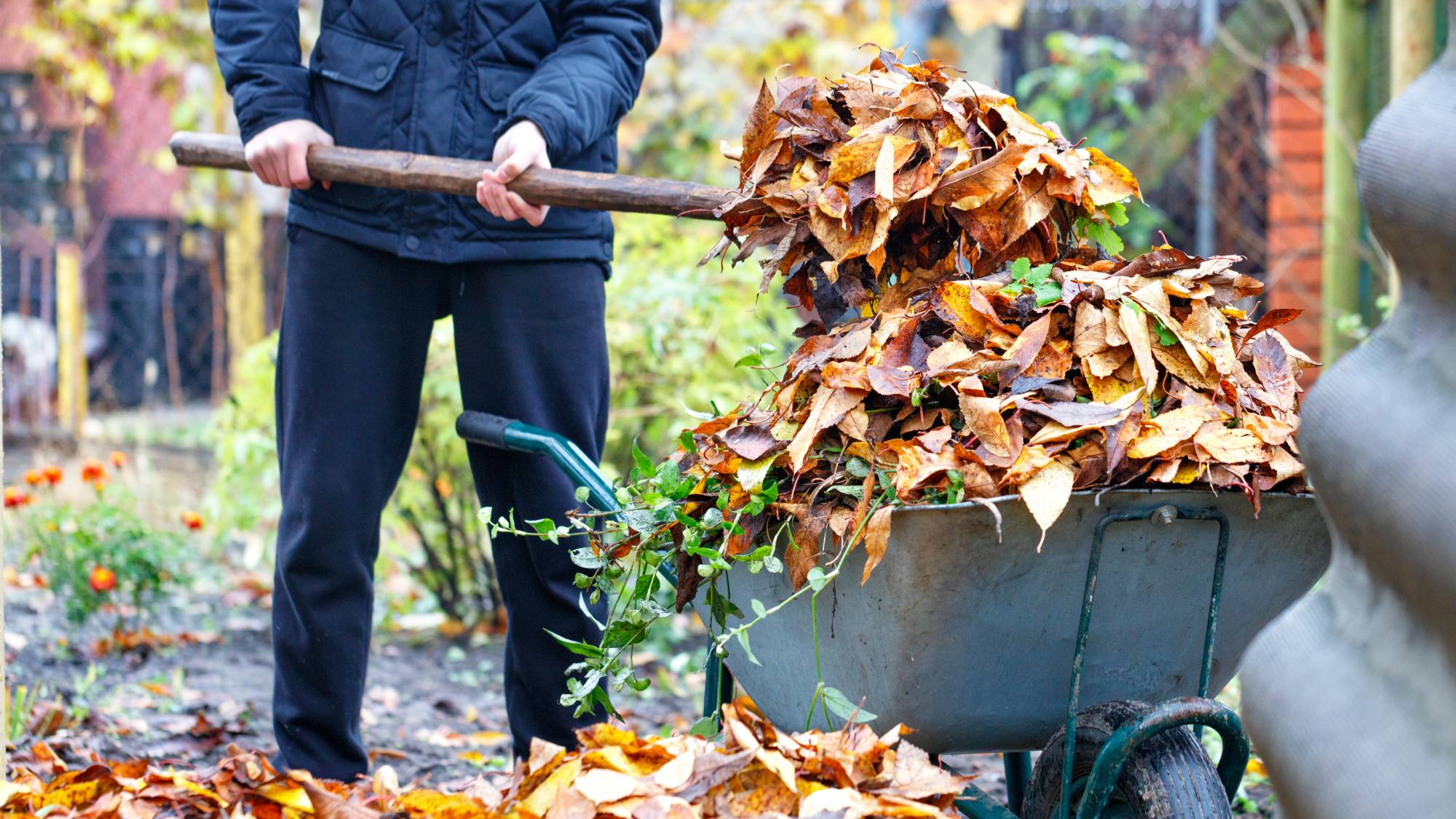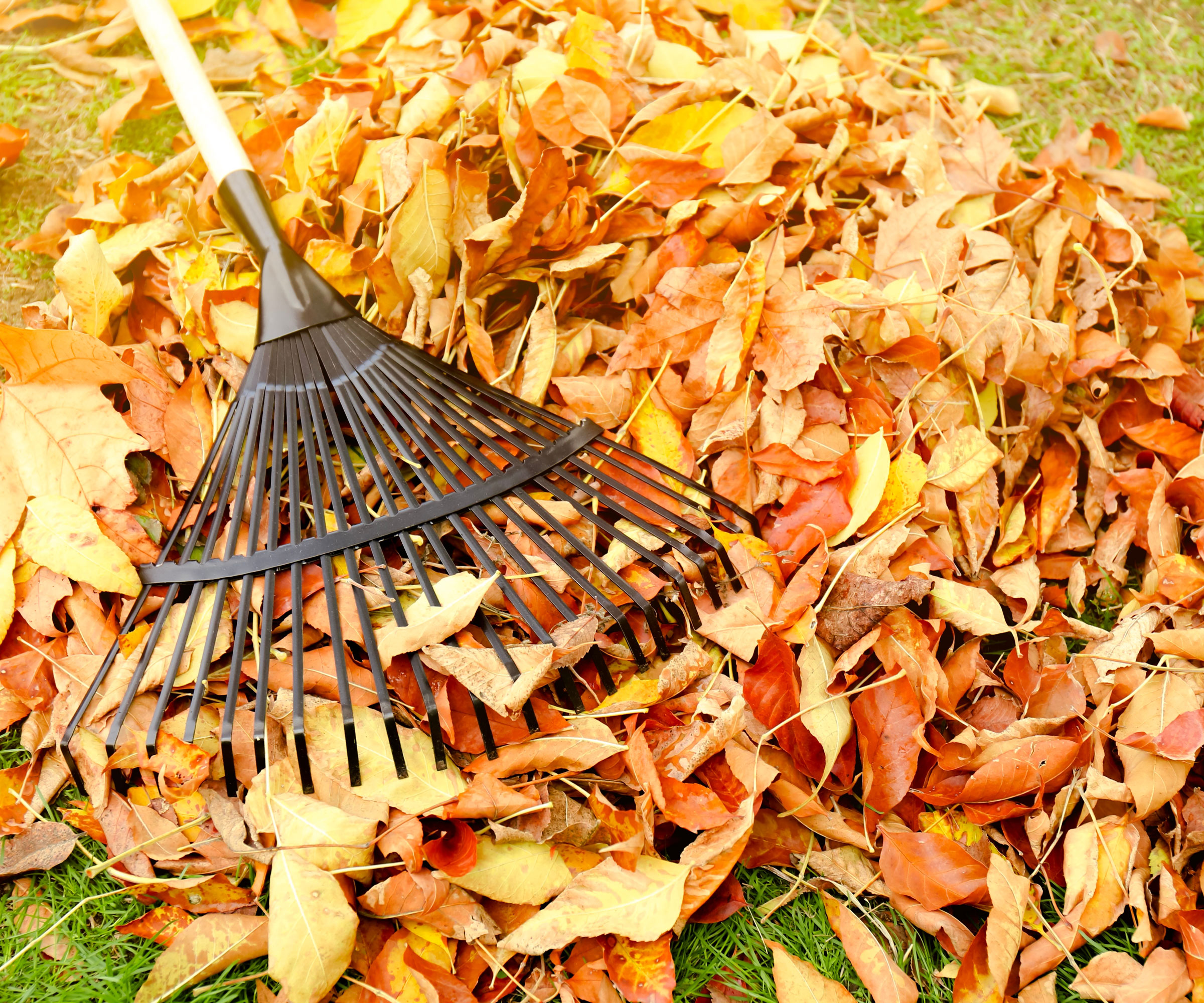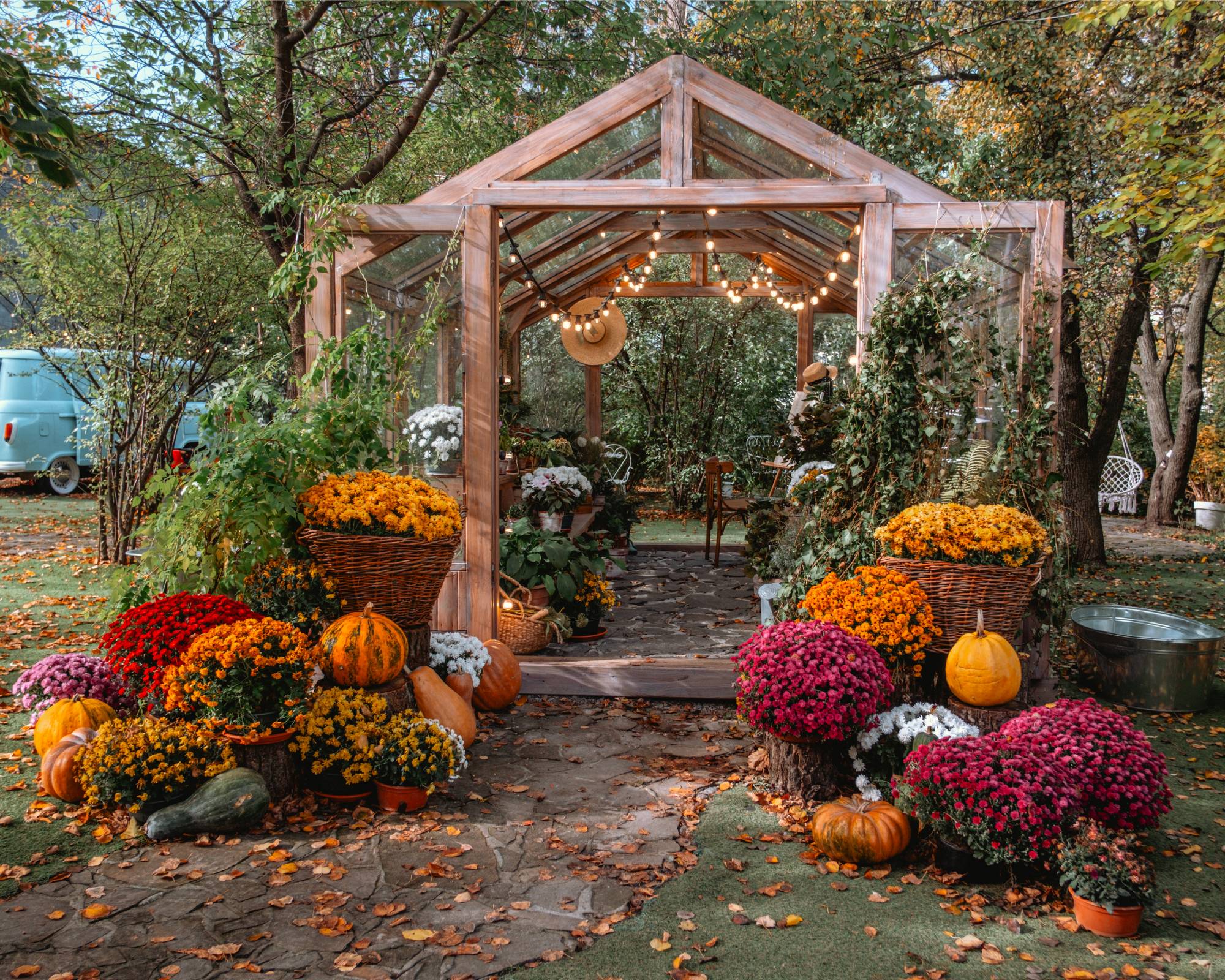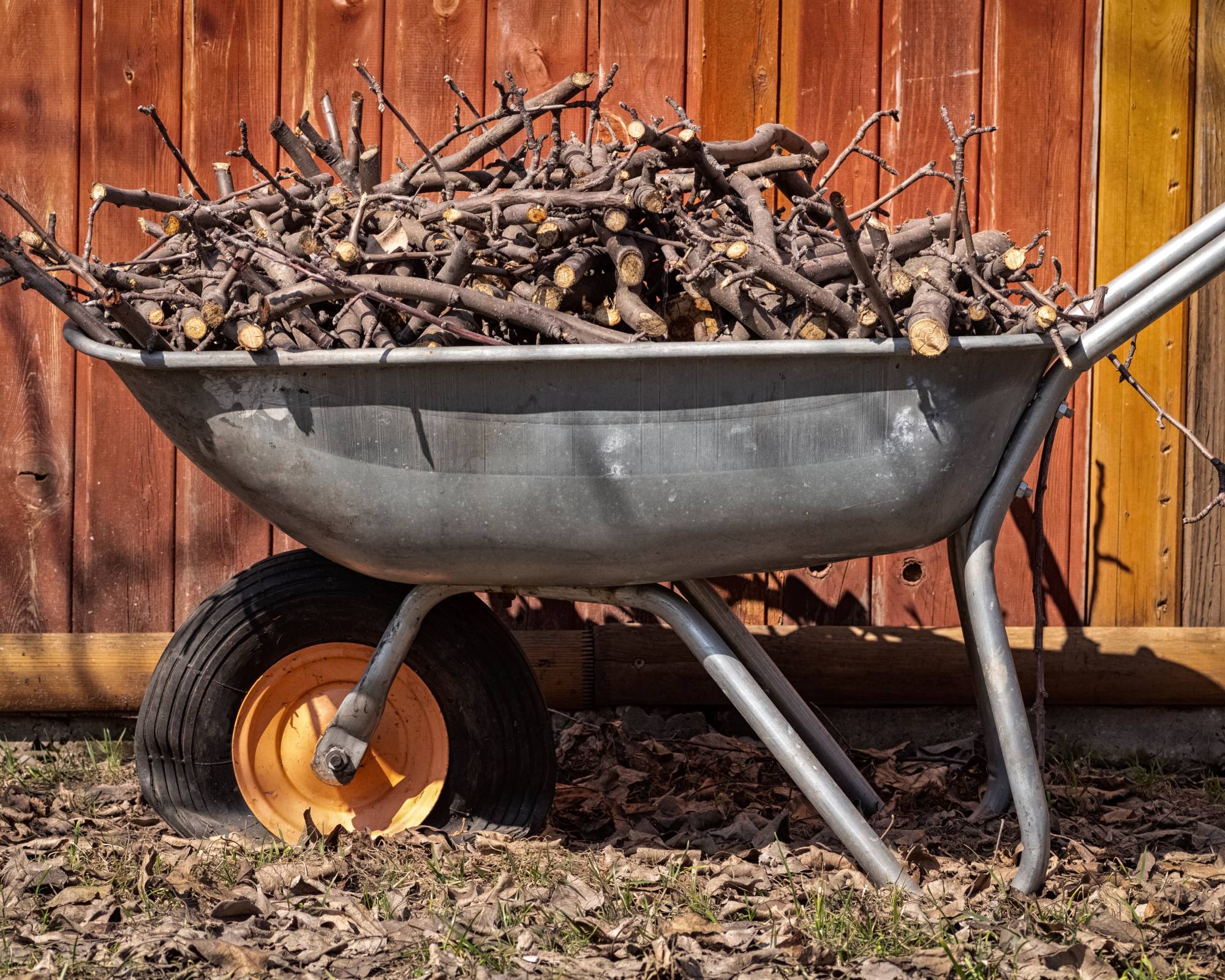How to Stop Overwintering Bugs – and Keep Them From Coming Back Next Year
Overwintering bugs can wreck your garden next year. A little fall pest control now will keep your plot safe in the future.

Amy Draiss

Sign up for the Gardening Know How newsletter today and receive a free copy of our e-book "How to Grow Delicious Tomatoes".
You are now subscribed
Your newsletter sign-up was successful
Overwintering bugs make gardening tough, hiding to dodge winter and attack your plants. They lurk in debris or your home, ready to chew crops come spring. A no-brainer fall cleanup trashes their bug hideouts to prevent bugs in winter.
Pick fall pest control tricks that fit your garden, guarding greens or blooms. Blocking their crash pads stops common garden pests from overwintering and causing chaos.
Preventing bugs in winter depends on your garden setup. Clean beds and sealed structures stop overwintering bugs from slipping through cracks. Combine cleanup with barriers, and your garden stays protected all year.
Why Gardeners Should Worry About Overwintering Bugs
Overwintering bugs are pests that hunker down to beat cold months, and they’re patient little things. While the garden sleeps, Japanese beetles, aphids, and other damaging pests bury down in the mess—inside stems, under leaves, anywhere that stays dry. By spring, they crawl back out like nothing happened, ready to bite holes through the first fresh shoots. Some invade houses through vents or windowsills, becoming a real hassle. Fall pest control stops them fast, keeping your plot and home ready for planting season.
Fall Garden Cleanup: Your First Line of Defense

Clean up the garden to prevent bugs in winter. Leaf piles and rotting fruit hide squash bugs or earwigs ready to strike. Rake leaves and pull dead annuals to trash their bug hideouts. Once frost rolls in, roses and other perennials make perfect bunkers for stink bugs. Cut them back before the bugs dig in. Keep bugs out of your compost heap with a DIY anti-bug spray. And be sure to place your compost bin far from the house. Turn the compost pile often so nothing nests inside. Bag the rest for pickup—or burn it if you’re allowed. This blocks overwintering pests from hanging out in your plot.
Inspect Garden Structures and Entry Points

Check garden setups to stop overwintering pests from crashing through winter. Greenhouses, sheds, and raised garden beds hide bugs in tiny gaps. Spiders love wood joints, so slap caulk on cracks to seal them. Ants or termites slip through foundation splits near beds, so inspect closely. Clear mulch piles touching walls; pest eggs often lurk there. Poke around pots for hidden larvae. Cleaning used flower pots and containers now will ensure that your plants next year will have fewer pests problems. Thorough fall checks can help to keep these spots from turning into pest haven for spring.
Use Plants and Natural Methods to Deter Pests

- Mint: Likes shady, moist areas, releasing menthol to repel aphids and moths.
- Lavender: Likes sunny, dry spots, emitting linalool to disrupt beetle behavior.
- Chrysanthemums: Likes bright locations, producing pyrethrins to eliminate stink bugs.
- Garlic: Likes sunny spots in the garden and emits sulfur compounds to deter spider mites.
- Rosemary: Likes dry, sunny patches, releasing camphor to repel ants effectively.
- Marigolds: Likes humid areas, secreting thiophenes to deter whiteflies and attract pollinators.
- Borage: Likes moist conditions, growing bristly hairs to block slugs. Borage also attracts beneficial bees.
- Onions: Like sunny beds, releasing sulfur to repel weevils and other pests.
- Sage: Likes dry, sunny spots, emitting oils to deter moths and beetles.
- Petunias: Likes bright areas, producing scents to repel aphids and attract beneficial predators.
Plant these pest-chasing picks near your house to deter overwintering bugs. Spread diatomaceous earth, like this food grade kind on Amazon, around beds to slice pests like tiny blades. Neem oil hinders insects' ability to feed on your plants and can be found on Amazon or at your local garden center.
Sign up for the Gardening Know How newsletter today and receive a free copy of our e-book "How to Grow Delicious Tomatoes".
My go-to product for heavy infestation, or even just prevention, is STEM Plant and Garden Spray. It is naturally plant derived, and can be found on Amazon, as well. Row covers block moths from laying eggs in your beds. Sticky traps snag beetles before they settle in. Hand-pick slugs at dusk to clear your plants or set up a slug trap overnight.
Cedar mulch has a scent that chases ants away from beds. Insecticidal soap sprays smother soft-bodied pests like aphids. Bird feeders bring sparrows to eat bugs. These fall pest control moves will give you a clean garden without harsh chemicals.
Keep the Garden from Becoming a Gateway to Your House

Your garden can turn into a pest freeway to your home without care. Keep shrubs one foot (0.3 m) from exterior walls to reduce the chance pests will make the leap from plants to your home. Store firewood and tools 20 feet (6.1 m) away, so bugs don’t use them as bridges.
Even changing your lighting can help. Using yellow lights draws fewer moths than white lights. Turn off your outdoor lights when you go to bed to further help reduce insect activity near your house (this also helps migrating birds!).
Following these simple steps will shut down overwintering bugs and keep your house and plot pest free.

Tyler’s passion began with indoor gardening and deepened as he studied plant-fungi interactions in controlled settings. With a microbiology background focused on fungi, he’s spent over a decade solving tough and intricate gardening problems. After spinal injuries and brain surgery, Tyler’s approach to gardening changed. It became less about the hobby and more about recovery and adapting to physical limits. His growing success shows that disability doesn’t have to stop you from your goals.
- Amy DraissDigital Community Manager